The Catholic father-son duo fighting for abortion rights in South Dakota
‘It’s a David and Goliath thing,’ Adam Weiland tells Danielle Campoamor. ‘We’re up against a powerful anti-abortion lobby with lots of money, who are not afraid to throw their weight around.’
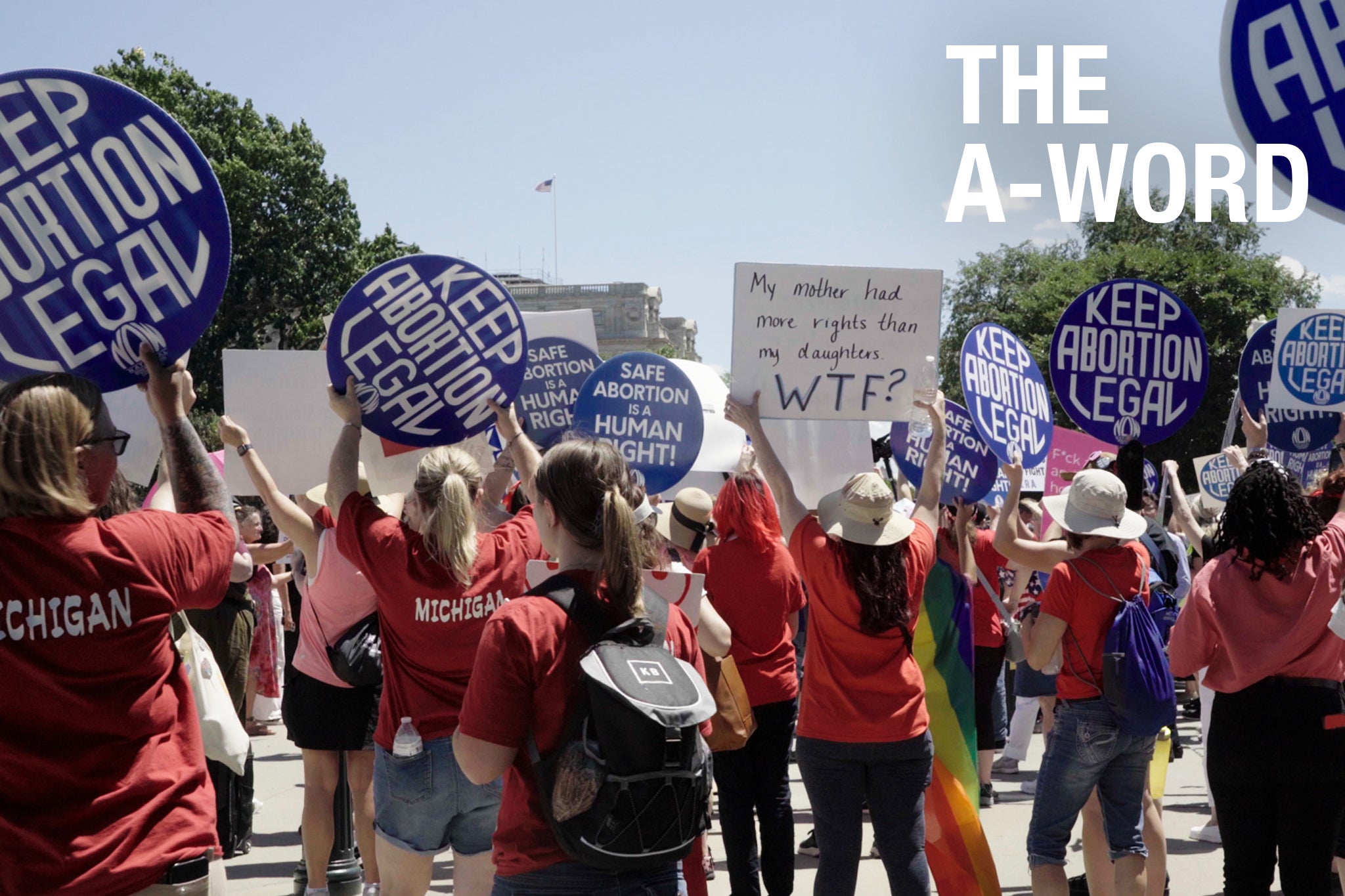
This story is part of an investigative series and new documentary, The A-Word, by The Independent examining the state of abortion access and reproductive care in the US after the fall of Roe v Wade.
On May 2, 2022, Rick Weiland — longtime Democrat and former candidate for Congress — and his son Adam were driving home from South Dakota’s state capitol. The father-son duo had just successfully filed the required number of signatures to put Medicaid expansion on the ballot, when the Supreme Court’s draft of its forthcoming Dobbs decision leaked.
“We immediately started talking about it,” Adam, who left the private sector shortly after Donald Trump became president to join his father in politics, tells The Independent. “Then we got our attorney on the phone.”
Aware of the state’s trigger law that would automatically ban abortion if and when the Supreme Court overturned Roe v Wade, the pair appreciated the gravity of the situation. But it wasn’t until two women — one Democrat, one Republican — urged them to do something about it that they realized what steps they personally needed to take.
“It was Cathy Piersol, a longtime Democrat and trial lawyer, and Jan Nicoli, a Republican and former appropriations committee chair,” Adam explains. “Just a couple of badass women in their early 80s, late 70s — diehard reproductive rights warriors — who reached out to us and said that it was really important that something gets done.
“This is something that we both felt very strongly about anyway,” Adam continues, “but I have to give the credit to them for connecting the dots. We all got together, drafted the amendment, filed it and started collecting signatures.”
On June 24, 2022, Rick and Adam’s fear was realized — the Supreme Court overturned Roe v Wade and abortion was automatically banned in South Dakota.
Thankfully, they were already preparing for the fight ahead.
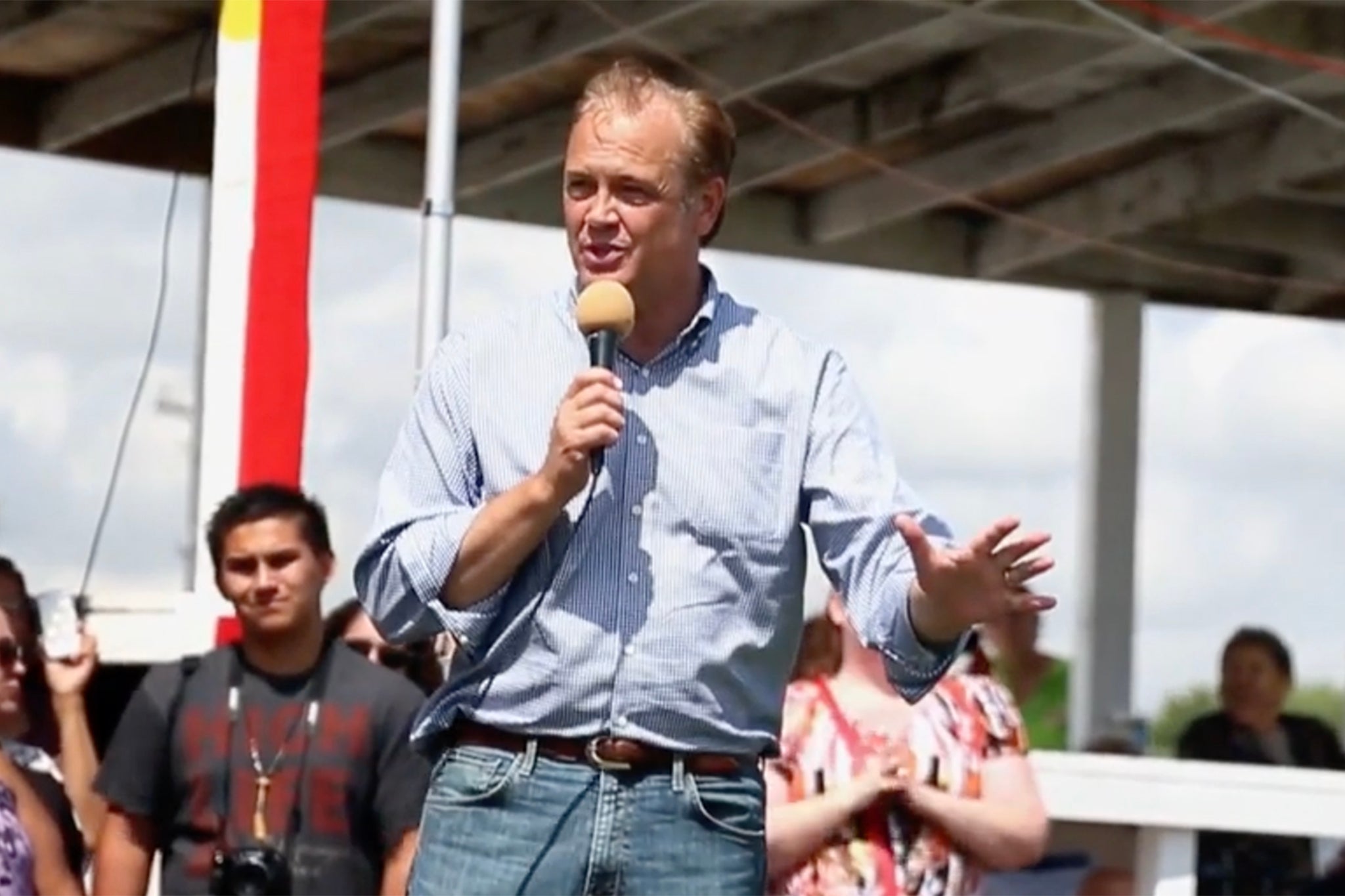
A historic 10 states will have abortion-related measures on the ballot come November, giving voters the chance to expand or protect access to abortion care in their home states. Yet only one state with a near-total ban — South Dakota — is leaving the fate of abortion access up to its citizens.
In South Dakota, it is illegal to end a pregnancy from the moment of conception, with no exceptions for rape or incest. The post-Roe ban does allow for exceptions when the life of the pregnant person is in danger, but like other states with similar rules, the exception language is comically vague — doctors across South Dakota are now afraid to treat pregnant patients in dire situations for fear of prosecution.
OBGYNs are leaving the state. Pregnant patients are traveling to nearby Minnesota or beyond for routine prenatal care. Others are left to fend for themselves, without the financial resources to end an unwanted or potentially dangerous pregnancy in a state with a high preterm birth rate, a growing number of maternity care deserts, and six of America’s 15 counties with the highest child poverty rate.
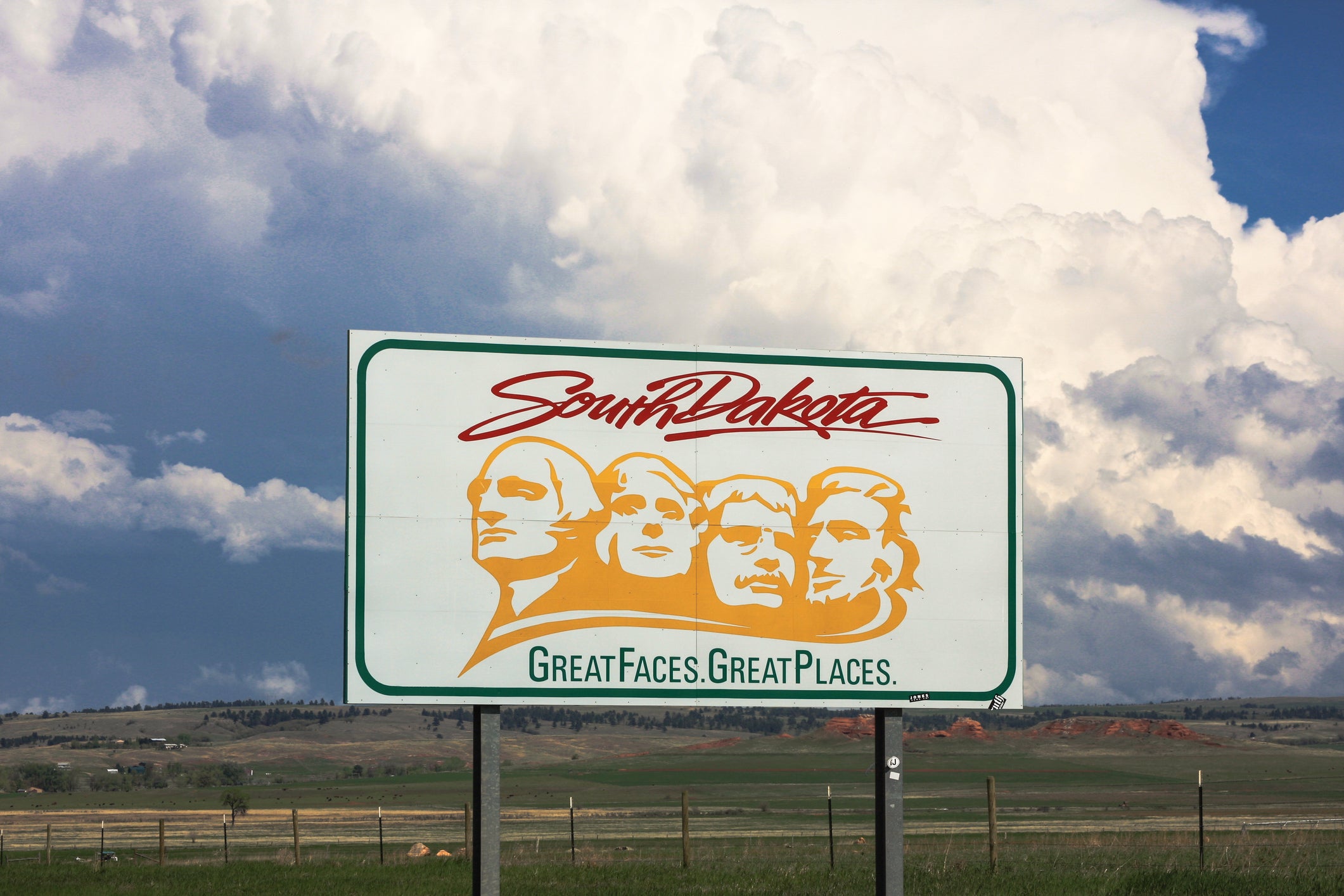
South Dakota’s Ballot Measure G would change all that by restoring and enshrining Roe v Wade-era abortion protections in the state’s constitution.
To many outsiders looking at the political climate of South Dakota — where Republicans hold every statewide office and all but 11 of 105 seats in the state legislature — Rick and Adam Weiland’s efforts could seem ill-fated at best. But the lifelong politician and his son believe in the will of the people, and poll after poll shows that, regardless of party affiliation, South Dakotans overwhelmingly want access to abortion care.
“We still have the ability to drive some pretty incredible, progressive public policy,” Rick says. “My first foray into this space, when I was a candidate for the Senate, was helping with the effort to increase minimum wage.
“We got payday lender reform,” Rick continues. “We brought Medicaid expansion here — 52,000 people got health insurance who didn’t have it … People should not forget about these red states or write them off, because there are ways to change things. We are changing things in South Dakota.”
The two are also heartened by South Dakota’s history of utilizing ballot measures — it was the first state to include direct democracy in its constitution via a statewide initiative and referendum process. Allowing voters to decide on public policy is not a bug but a feature of the state’s political process.
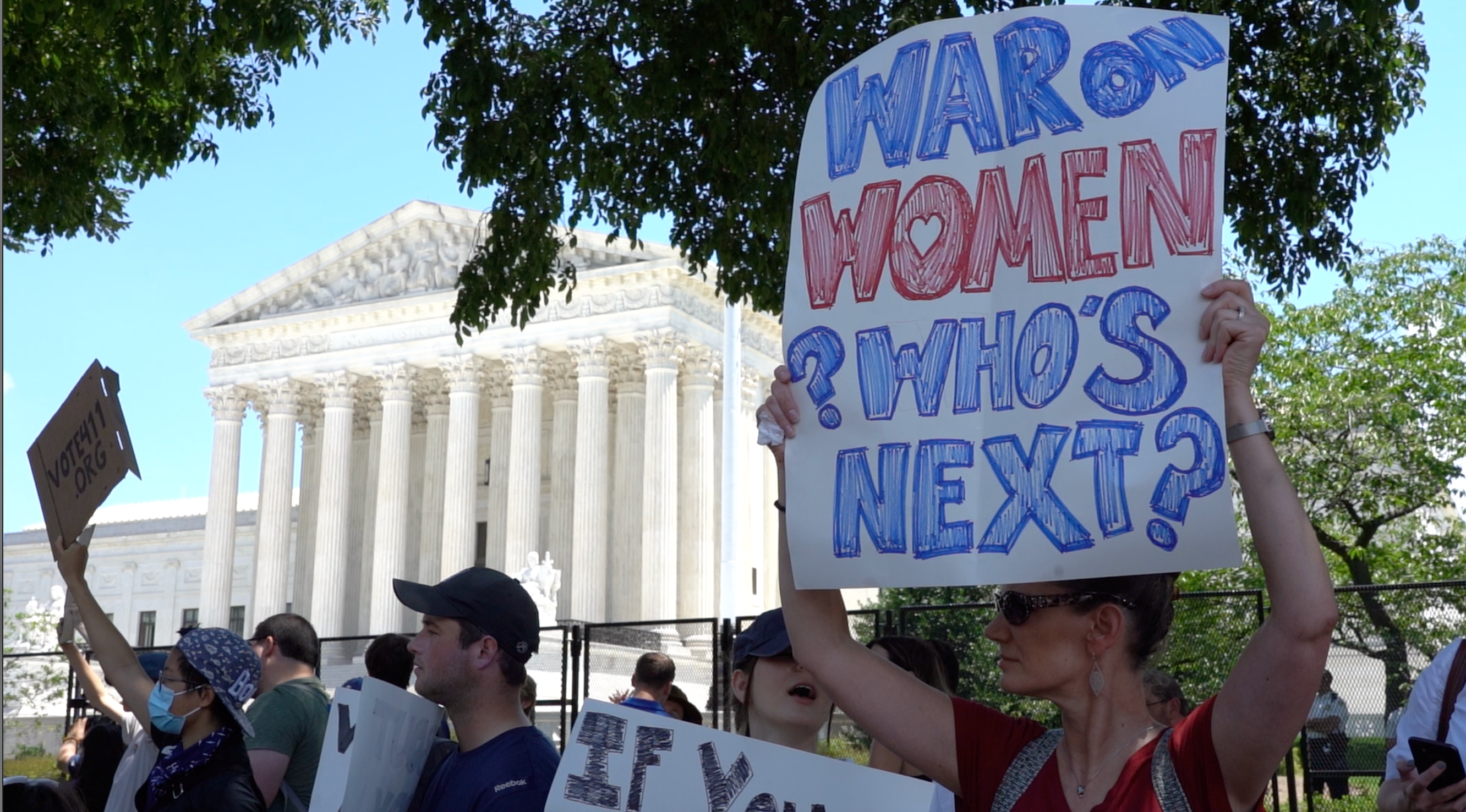
“We’ve always been able to circumvent the special interests, bypass the legislature and put something on a ballot that lets the people decide yes or no,” Adam says. “‘Under God the people rule.’ That’s the South Dakota state motto.”
The father and son’s glass-half-full point of view — what Adam refers to as their “cockeyed Norwegian optimism” — does not blind them from the challenges ahead. Their grassroots organization, Dakotans for Health, is up against the powerful anti-abortion lobby, historically known for its harassment and bullying techniques as well as its bottomless pockets. Life Defense Fund, an anti-abortion organization, has sued them, arguing that the ballot measure is invalid and urging the court to rule that votes for the amendment should not be counted — a move that would defy the state’s history of citizen-originated ballot measures.
“It’s ridiculous,” Adam says. “The validity rate that we got from the secretary of state was one of the highest of any state ballot measure in 20 years. We had hundreds of people involved — a real grassroots effort by the people — and these guys, because they are terrified of a fair fight and are fixated on imposing their religious laws on the people of South Dakota, are essentially engaging in legal warfare.”
“They are looking for anything they can to deny the voters the right to decide,” Rick adds. “But we are confident that this will be voted on in November and that it will pass.”
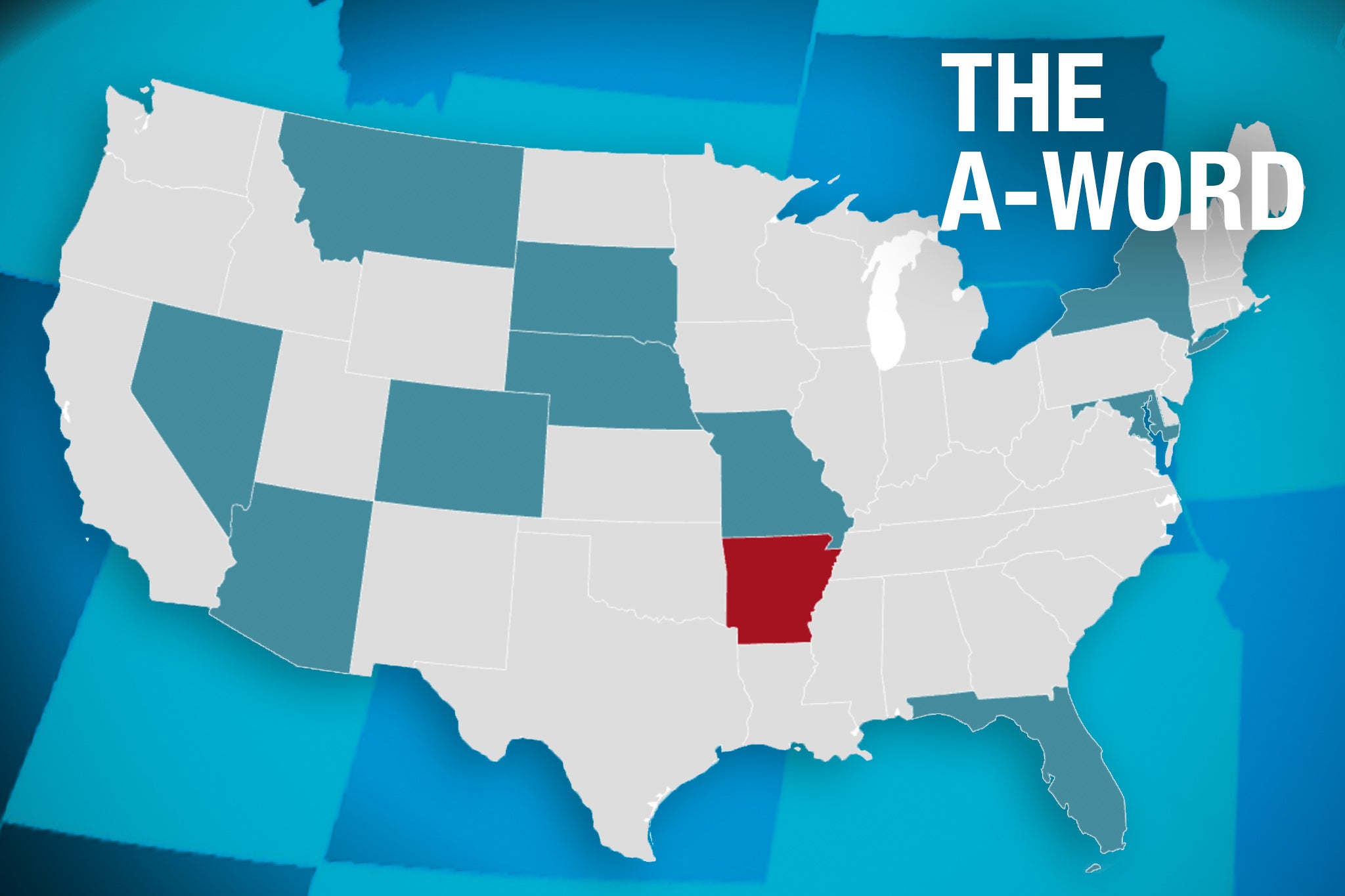
The two are also guided by their faith — another perhaps surprising motivator for those who have bought into the anti-abortion narrative that suggests religious individuals do not obtain or believe in abortion access. (Many people who identify as religious have abortions — according to Guttmacher, 24 percent of abortion patients are Catholic, 17 percent are mainline Protestant, 13 percent are evangelical Protestant, and 8 percent identify with another religion.)
“We’re both raised Catholic. We’re both very motivated by social justice and social causes,” Adam explains. “So that is part of how we grew up — a lot of what we did as a family was work on social justice causes.”
Adam and a small group of volunteers spend most of their time in a nondescript building tucked behind a quaint Sioux Falls home, which serves as the Dakotans for Health headquarters. Among the stacked yard signs and bundled-up pamphlets, the group coordinates canvassing efforts and drums up donations that will help them reach as many would-be voters as possible before November.
“It’s a David and Goliath thing,” Adam says of their efforts. “We’re up against a powerful anti-abortion lobby with lots of money, who are not afraid to throw their weight around. It’s challenging in a small community, but anything that is worth doing isn’t going to be easy.”
When fatigue or despair threaten to set in, Adam says the very stakes he and his father talked about on that drive back from Pierre in 2022 bombard his mind — stakes that were made painfully clear when he visited South Dakota’s most rural areas while collecting signatures for Ballot Measure G.

“During the petition drive, people come up to you and talk to you about something terrible that has happened to them or someone they know,” he says. “Stories of being denied care, or going across state lines for miscarriage management. Stories of rape and incest. Those are very tragically real things here.
“The stories are everywhere, because this law is impacting everyone,” he adds.
In those moments, Adam says he tries not to dwell on what South Dakotans stand to lose — having been fighting in the political arena for much of his adult life, he knows that it could be 10, 20, even 30 years before another chance to restore and codify Roe v Wade into the state’s constitution is realized.
“People are being discriminated against because of who they are and where they live,” he says. “We are in a position to do something about it. We’re on the cusp of it. But yeah, it’s a little scary to think about… if we don’t succeed.”
Adam is particularly passionate about urging men to get involved in the ongoing efforts to expand and protect abortion efforts, not just in South Dakota but nationwide.
“Men need to wake the hell up,” he says. “Men must do a better job, because we’ve got something at stake here, too.
“Us being in this space, standing up and being visible in this space, is important,” he adds. “Perhaps we can inspire other men to be more vocal about it, because it makes a difference.”
Join our commenting forum
Join thought-provoking conversations, follow other Independent readers and see their replies
Comments
Bookmark popover
Removed from bookmarks